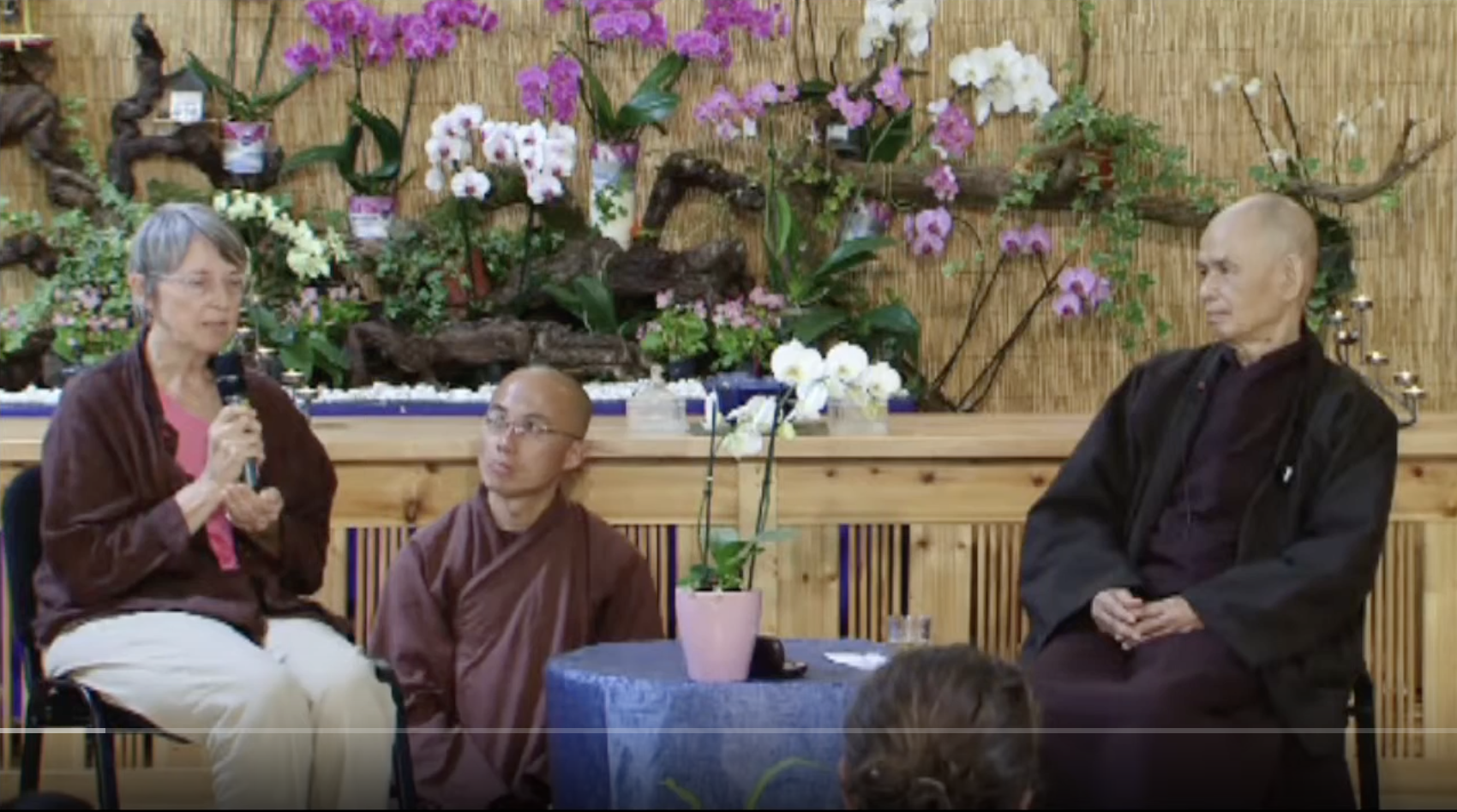Need Zoom tech support? Email Phyllis here.
(support available before sangha starts)
This Monday at sangha Annie will guide us in a meditation, and Rachel will share a dharma talk on the comparing mind. She shares:
Dear friends,
Most of us have found ourselves in the position where we compare ourselves to others. When I’ve noticed this behavior in myself, it can lead to feelings of shame because it means for that moment I have either a superiority or inferiority complex, depending on the situation. The comparing mind, or mana, is addressed by Sebene Selasse in her book, You Belong: A Call for Connection. Sebene explains that mana is simply human and that it is essentially impossible not to compare ourselves to others. She writes:
Think about it: if you are in a public place (public space includes social media) and observing people, are you not “reading” everyone around you? It might not even be negative: you are simply taking in all the data about someone based on their perceived gender, race / ethnicity, class, accent, size, or other “social location.” You look at their clothes, accessories, vehicles, and contents of their shopping cart. If it’s online, you examine their follower count, posts, and likes. Then all of this information is processed through past experiences of similar people. You then make an evaluation of who they are and also who they are in relation to you: Are they popular? Are they woke? Is she prettier? Are they racist? Is he successful? Are they smarter? Is that someone I would hang out with? Is that post funny? Is it sexist? Typically, we measure on some socially subscribed scale, but we are indeed measuring. This puts everything into the dynamic of domination.
Sebene goes on about the comparing mind, addressing thoughts of being greater than, less than, and equal to. One might think that feeling “equal to” someone is something to strive for. Thich Nhat Hanh has talked about the “equality complex” and how feeling equal to someone can cause just as much suffering as feeling superior or inferior. On Monday night we will watch this 7-minute video of Thay answering the question “What is the equality complex?”
We will have time at sangha to share whatever is on our hearts. Some questions we might consider are:
When have you experienced either an inferiority complex, superiority complex, or equality complex?
How can you use the practice to recall we inter-are in challenging times of comparing?


